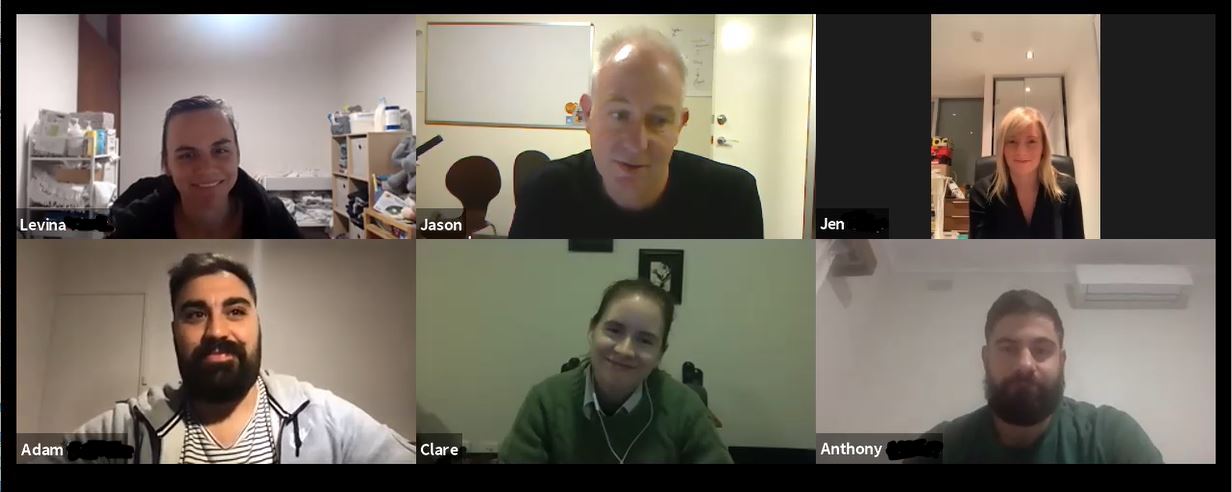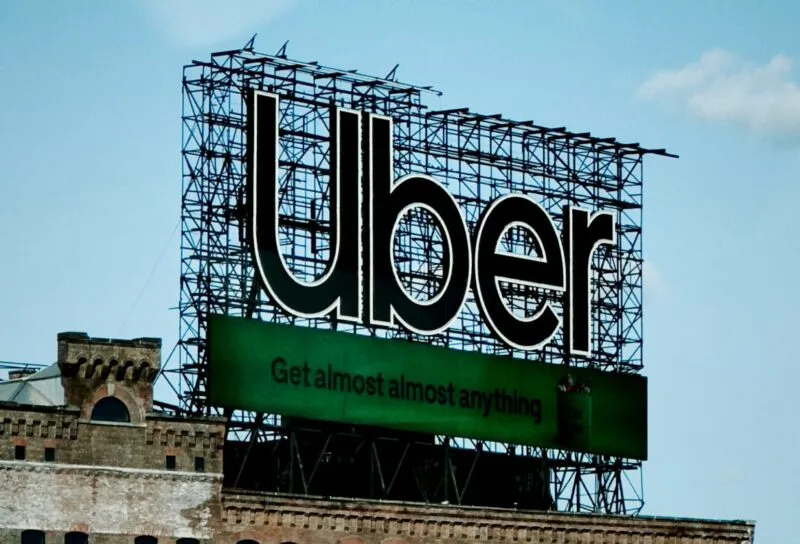The opposite of love (Aged 30 – 39)
“I can’t explain it. It’s just that feeling. I think you know. You know when you love something. You know when you don’t love something.“
Negativity bias shows that unpleasant experiences tend to stick more than positive ones, which is why it might be easier to recall insults rather than compliments. The proclivity toward the negative can be a big challenge for brands. Poor customer service experience leaves behind a sense of dread for next time:
“It’s just you ring up to talk to someone, you think you’re going to get hassled by a hundred different departments before you actually get what you need.“
“I just feel like sometimes [when returning clothes to] a shop, you literally haven’t worn it but they make you feel like you have. You feel distrusted.“
Some organisations have become synonymous with bad experiences, to the point where positive interactions are a pleasant surprise instead of the expectation:
“I was going to say banks [are bad], but I did have a really good experience today when I pulled up to get a letter to prove that a credit card had been closed, and they went, “Sure, no worries,” and just sent it to me. I thought I was going to spend like three hours, but I was like so thankful to the lady. You know, when you want to cancel a credit card and they send you off and try to convince you not to? I was so pleasantly surprised. I thought I almost wanted to keep my credit card, just like a reward.”
The positive experiences that stand out are people focused, and see customers and employees as more than just a means to an end:
“There’s an online clothing store, I think they have just one shop. But I like that woman’s story. She lived on a farm and started this online women’s [clothing brand]. And they’re huge now, but they write a little handwritten note in their clothes [packages].“
“Another product I use is Playstation by Sony. Over the years, they look at your trends of what you play and the friends you’ve got on there, as well. I think they’re trying to understand your profile and tailor stuff to you so that, I suppose you continue to remain a customer.”
“I’d say brands like The Body Shop and Lush. A lot of their messaging and marketing is about fair trade and fair working conditions for their workers. They try and be really transparent about that and also no cruelty to animals when making the products. So I like using those products, but I can tell that there’s some kind of love from the brand to their workers, as well.”
Local businesses are known to do this exceptionally well, as they embed themselves in the community. But in these three examples, there are ways to give the customer experience a human touch through personalisation and sharing genuine brand stories and values.
Square Holes is investigating the role of brands, big and small, in a post-COVID world. Read our previous discussion series on behaviour changes during the COVID-19 crisis.




